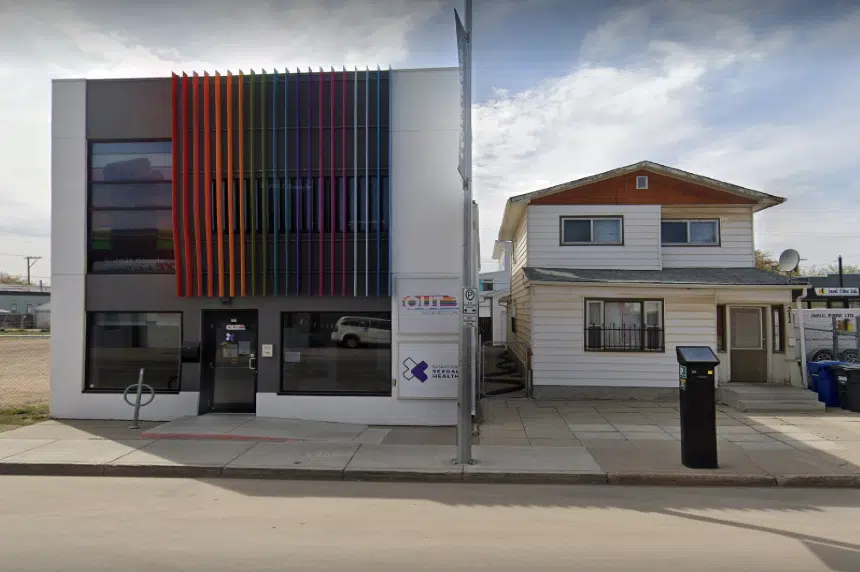A leaked draft decision from the U.S. Supreme Court that could pose a threat to abortion rights for women is “distressing but not shocking” to hear, according to the executive director of Saskatoon Sexual Health.
Heather Hale said over the last number of years there have been efforts in the U.S. to limit individuals’ access to abortions.
“Unfortunately, we know anti-gender equality activism is transnational. So we see the anti-choice activism in the States is undermining decades of progress on gender equality,” she said Tuesday.
But women and trans men in Saskatchewan also continue to face barriers to accessibility, affordability, availability and quality of abortion services if and/or when they decide they want or need to access abortion services.
“While nearly one in three persons with a uterus will have an abortion in their lives, information on how to obtain this common medical procedure continues to be shrouded in secrecy and shame in this province,” Hale said.
There are two types of abortions women can get. One is a medical abortion, which can be done up to nine weeks by medication that can be accessed through a doctor or some sexual health clinics and requires a prescription. The other is a surgical abortion that’s done after nine weeks.
“There’s two types (of surgical abortions) that are offered,” Hale said. “Saskatoon has a shorter time frame in which they will perform a surgical abortion. That is only available up to 12 weeks of pregnancy. After that, an individual has to go to Regina … At the Women’s Health Centre they offer surgical abortions up to 18 weeks and six days of pregnancy.”
But getting referrals can also be a challenge. In Regina, self-referrals are accepted, but they aren’t in Saskatoon. A woman still has to visit a doctor for the referral, or get one through the Sexual Health Centre.
And women north of Saskatoon, or in rural areas, don’t have access to surgical abortions.
“Following the dissolution of the Saskatchewan Transportation Company, individuals living outside of Saskatoon and Regina face hurdles in terms of travelling and receiving that service,” Hale added.
Hale said a survey done by the centre last summer also showed if a woman wants access to a medical abortion and needs the medication, only eight per cent of pharmacies carry the medication in stock.
“Unfortunately there is still a lot of stigma related to this. And I think it’s part of a larger picture around poor outcomes of sexual and reproductive health services overall,” she said.
Hale said there are very poor health outcomes overall in Saskatchewan directly related to reproductive and sexual health, and it’s not limited to abortion services.
It also includes having among the highest rates of HIV infections in Canada, high STI rates, the highest provincial rate of teen pregnancy and the second-highest provincial rate of sexual violence.
“It’s the wider community that needs to tackle this and to really work towards a vision of a world where sexual and reproductive health rights are respected, celebrated and accessible,” she added.











